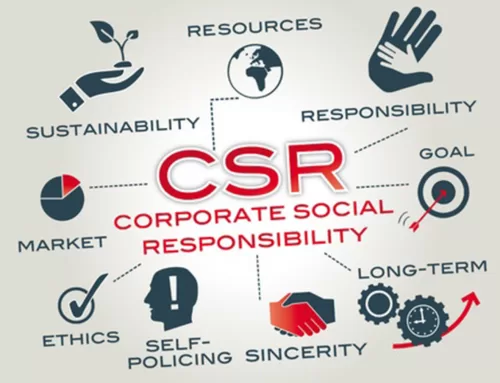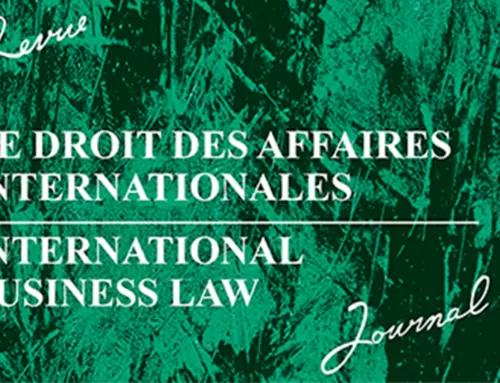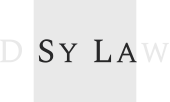In a world first, Samsung France was indicted this week by a Paris investigative judge on charges of deceptive advertising practices (see: Samsung faces deceptive advertising charges in France over ethics pledge: NGOs). This follows up on earlier complaints filed by two French civil society organizations, ActionAid France and Sherpa, on 11 January and 25 June 2018 against Samsung Electronics France (the French subsidiary) and Samsung Electronics Co. Ltd. (a Korean entity and the group holding company)(see: Sherpa and ActionAid France file a second lawsuit following the closing of the case by the public prosecutor). The complaints contend that the alleged mistreatment of workers in Samsung manufacturing facilities in China, Vietnam and Korea contradicts Samsung’s ethics pledges in countries where Samsung products are being sold – including in France.
Of note, French civil society organizations and NGOs are authorized to initiate criminal proceedings on behalf of the larger public interest provided they have been approved and granted a prior, multi-year license to that effect by the Ministry of Justice. The two plaintiff organizations have a trackrecord of initiating high profile, CSR-themed, public interest litigations in France (see: Corporate Social Responsibility: An Asian Perspective).
While it is important to note that no court judgment has been rendered against Samsung and no final determination on the merits of the complaints has been made in France, the case is already noteworthy for a number of reasons.
First, the plaintiffs have opted for a novel legal basis for their action, being the charge of deceptive advertising by Samsung in France. This critically expands the reach of French jurisdictions to capture all Samsung products sold in France, irrespective of the country in which those Samsung products are manufactured. This considers the location of French consumer as the determinant jurisdictional nexus.
Second, no Korean, Vietnamese or Chinese workers were named as plaintiffs in the complaint. While we understand that testimonies of Asia-based workers were used to back up the French complaints, the legal process was initiated by French-based organizations, represented by French counsels in French courts – on the basis of French laws only. This creates a possibly unlimited accountability spectrum for global manufacturers operating out of low-cost jurisdictions, which may see their operating standards tested in jurisdictions across their target markets.
Third, Samsung is here being challenged in criminal courts. This differs from previous actions by NGOs in the United States, the United Kingdom or in France where the civil route has been pursued (see: Corporate Social Responsibility: An Asian Perspective). The choice of criminal proceedings may have been driven by the greater attention brought by, and stigma shed on, a leading multinational such as Samsung. More practical considerations may have been a factor as well. The investigation of criminal complaints is conducted under the authority of the public prosecutor’s office, with lesser evidentiary costs for the plaintiffs, and, critically, a wider choice of investigative options and the potential for coercive measures.
Criminal sanctions associated with Samsung’s indictment may involve jailtime and a monetary fine should the Samsung entities and their senior management be found guilty. It should however again be noted that Samsung’s indictment does not pre-empt an eventual court finding against the group. In ordering an indictment, the investigating judge made a determination that, on balance, the evidence provided by the two plaintiff organizations was sufficiently credible to substantiate a possible breach of the law by Samsung – and that further investigation was warranted. The indictment is only but the initial step of a State-led judicial process, which will likely take years to go to trial – if the investigation determines that a trial should in fact be ordered.
This episode is a renewed reminder for corporates with cross-jurisdictional operations that CSR commitments and ethics pledges are today not just a reputational and commercial added-value – but have instead clear legal implications.



